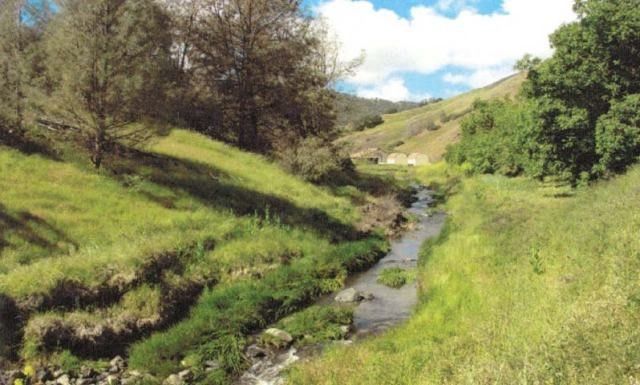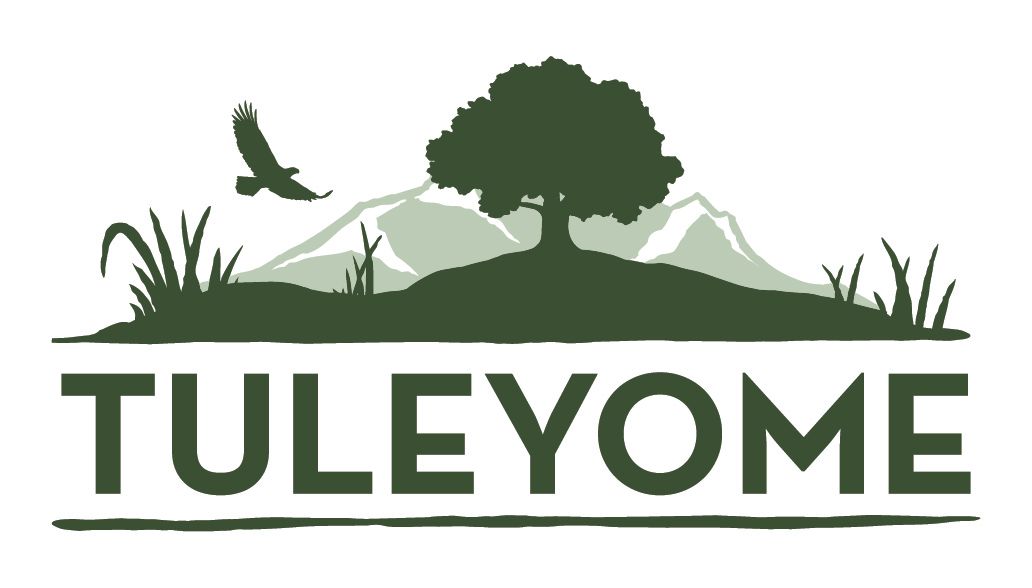Policy Corner: What's Up in DC?

A lot has happened since we last talked. I am going to hit some of the highlights.
President Biden Acts
One of the brightest moments this month was President Biden’s announcement on January 7th that he will use his authority under The Antiquities Act to designate Chuckwalla National Monument and Sáttítla Highlands National Monument. The effort to protect these places has been led by Tribes and supported by a diverse coalition. Sáttítla is nestled 30 miles from Mount Shasta within the Shasta-Trinity, Klamath, and Modoc National Forests of northeastern California. Chuckwalla National Monument is in the California desert and reaches from the Coachella Valley region in the west to near the Colorado River in the east. President Biden’s designation protects 848,000 acres of culturally, ecologically and scientifically significant lands while boosting the local economies and ensuring access to nature for recreation.
Upon these designations, President Biden will have protected 674 million acres of U.S. lands and waters, making great strides in building climate resilience and preserving biodiversity.
119th Congress (2025-2026)
The 119th Congress convened on January 3rd with some changes in leadership and the Committees that oversee many of our issues.
Senate
Republicans hold the Senate majority, with 53 seats. That number may change if Senator Rubio is confirmed as Secretary of State in the Trump Administration. Democrats hold 45 seats and there are 2 Independents. We have a new Senate Majority Leader in John Thune, while Chuck Schumer remains the Senate Minority Leader.
Senator Mike Lee (R-UT) has taken over as the Chair of the Senate Energy and Natural Resources Committee, which has jurisdiction over Bureau of Land Management and Forest Service public lands, mining, water and power and energy. Chair Lee is a long-time opponent of expanding federal public lands and has been a leader in the efforts to roll back Bears Ears and Grand Staircase Escalante National Monuments and The Antiquities Act. Senator Martin Heinrich (D-NM) will take over as ranking member. A former outfitter guide, outdoor educator, lifetime sportsman and conservationist, Ranking Member Heinrich has fought to protect our natural and cultural resources.
House of Representatives
Republicans have a 1 seat majority in the House of Representatives with 219 members. Democrats hold 215 seats. Currently, one seat is open due to Matt Gaetz’ resignation, although this seat is expected to be filled by a Republican. Leadership is unchanged, with Speaker Mike Johnson and House Minority Leader Hakeem Jeffries retaining their leadership positions.
The House Committee on Natural Resources will continue to be chaired by Representative Bruce Westerman (R-Ark). The Committee has jurisdiction over federal lands, energy and mineral resources, Indian affairs and water, wildlife and fisheries. Chair Westerman has consistently criticized the establishment and expansion of national monuments, supported legislation to roll back The Antiquities Act and opposed adding Molok Luyuk to Berryessa Snow Mountain National Monument. Representative Jared Huffman (D-CA) will take over the mantle of Ranking Member. A long time champion of public lands and our natural and cultural resources, Ranking Member Huffman’s District includes the Northern Inner Coastal Range. He supported the establishment and expansion of Berryessa Snow Mountain National Monument.
President-Elect Trump’s Team
President-elect Trump has chosen former North Dakota Governor Doug Burgum to be U.S. Secretary of the U.S. Department of the Interior and to be his new energy czar. Interior is in charge of national monuments, parks, wildlife refuges and national conservation lands, approximately 20 percent of our lands, as well as mining, fish and wildlife and Bureau of Reclamation. The Bureau of Indian Affairs, which oversees relations with 574 federal recognized Native American tribes is also within Interior. A big promoter of oil and gas production, Governor Burgum has pushed for reduced regulatory burden. He has also prioritized tribal engagement.
President-elect Trump’s choice for Secretary of the U.S. Department of Agriculture is his former domestic policy advisor Brooke Rollins. Agriculture is huge, with offices in every county in the country. Agriculture’s purview includes farm and nutrition programs, home and farm lending, food safety, rural development, agricultural research, nutrition, trade, biofuels and forests. Rollins is currently CEO of the America First Policy Institute, a pro-Trump think tank that she and others formed in 2021. From Texas, Rollins received an undergraduate degree in agricultural development and a law degree.
So, we’re off and running. Stay tuned for more updates from the policy corner.

-Sandra Schubert
Executive Director
RECENT ARTICLES






